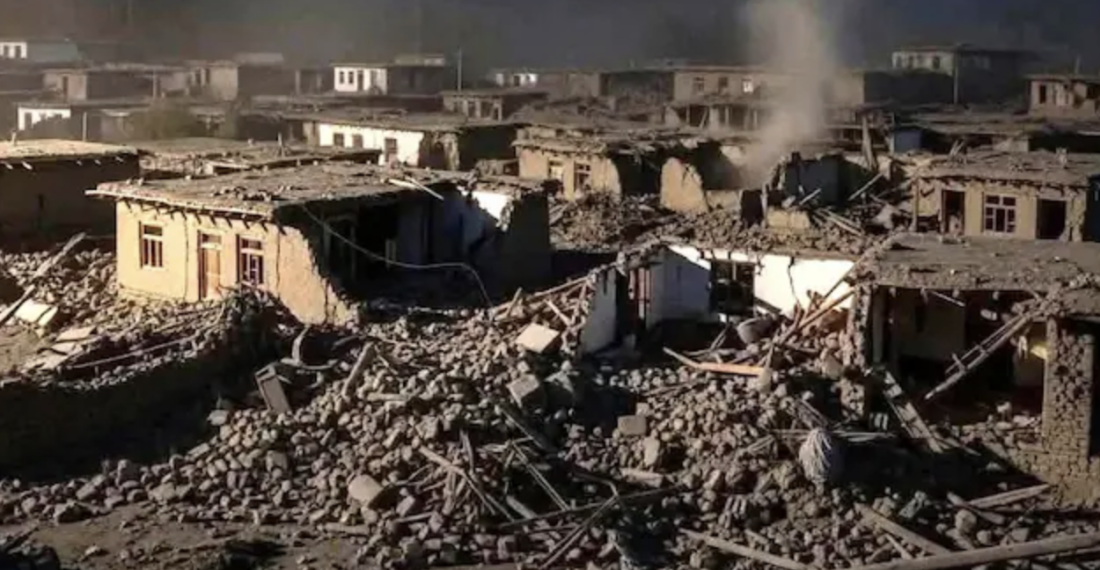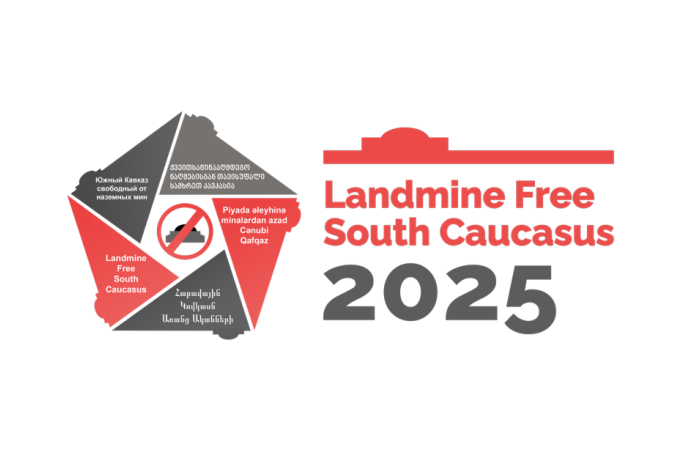According to the Taliban government, an earthquake measuring 6.0 on the Richter scale in eastern Afghanistan killed around 800 people on Sunday night (1 September). More than 2.700 people are also reported to have been injured. The death toll has risen rapidly in recent hours. This is partly due to the inaccessibility of the mountainous region.
According to the US Geological Survey (USGS), the region on the border with Pakistan was hit by an earthquake measuring 6.0 on the Richter scale. In the hours that followed, aftershocks measuring 5.2 and 4.5 were recorded.
Local authorities report that entire villages have been destroyed. Images from the disaster area show residents digging through the rubble with their bare hands in search of survivors. According to the Ministry of the Interior, hundreds of injured people have been taken to hospitals and clinics. However, information from Afghanistan, which has been under Taliban control since 2021, is scarce.
The earthquake was felt as far away as the Afghan capital, Kabul, and the Pakistani capital, Islamabad. In Kabul, residents ran into the streets, fearing that their homes might collapse. According to the US Geological Survey, the epicentre of the quake was more than 27 kilometres east of the regional capital, Jalalabad. The earthquake occurred shortly before midnight local time (9:17 p.m. in the Netherlands) at a depth of 8 kilometres.
Afghanistan is regularly shaken by earthquakes because the Indian and Eurasian tectonic plates converge there. In October 2023, the country was hit by an earthquake measuring 6.3 on the Richter scale. The UN reported that around 1,500 people were killed, whereas the authorities estimated the death toll at 4,000. The Red Cross described it as the “deadliest earthquake in twenty years” in Afghanistan.






